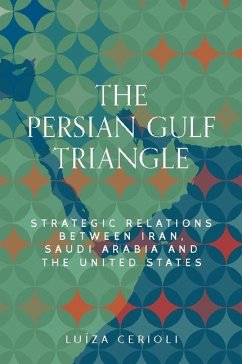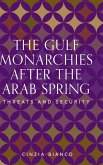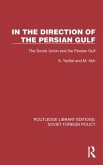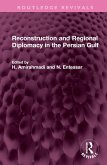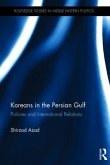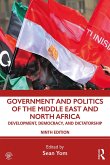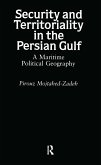This book explores the relations between Iran, Saudi Arabia, and the United States through a Neoclassical Realist framework and shows how their dynamic has affected the Persian Gulf regional system and its international relations from the 1970s until today. -- .
Hinweis: Dieser Artikel kann nur an eine deutsche Lieferadresse ausgeliefert werden.
Hinweis: Dieser Artikel kann nur an eine deutsche Lieferadresse ausgeliefert werden.

